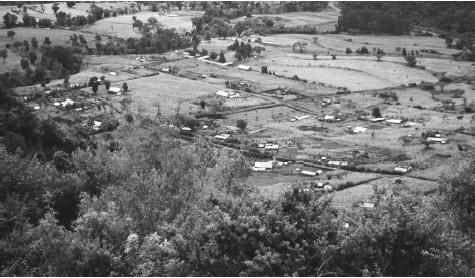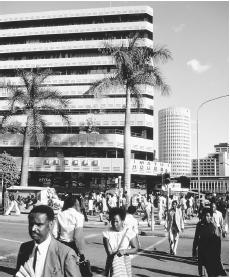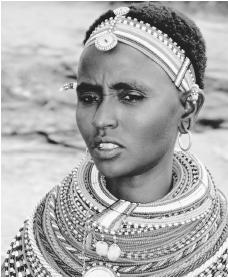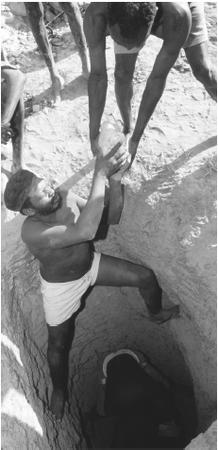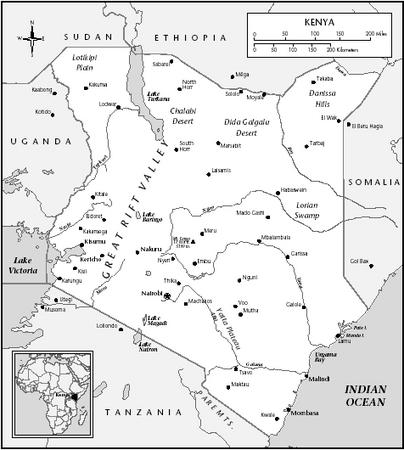Kenya
Kenya is named after Mount Kenya, a major landmark and the second highest mountain peak in Africa, and its first inhabitants were hunter-gatherers related to modern Khoisan speakers.
Bantu-speaking farmers began to populate the region by the first millennium AD followed quickly by Arab traders.
A Persian Prince of Shiraz, Ali ibn al-Hassan Shirazi, founded the medieval Kilwa Sultanate during 10th century, which at its peak spanned the entire length of the Swahili Coast, including Kenya.
Arab migrants soon began settling the coast, and established autonomous city-states. Eventually, elaborate mosques were built and Islam was introduced to the region.
In 1888, the Imperial British East Africa Company arrived, and built the Kenya-Uganda railway.
The British moved to and settled the interior central highlands, becoming wealthy from the farming of coffee and tea. As more Europeans arrived, their political power over the region grew - a result of their contribution to the economy.
However, the Kikuyu people habitated the land prior, and in order to protect their interests the Europeans banned farming and introduced a hut tax against the tribe. Subsequently, many natives began to move to cities as their ability to provide a living from the land diminished.
After decades of colonial rule the country gained its independence from Great Britain in December, 1963 and on December 12, 1964, the Republic of Kenya was proclaimed. Mzee Jomo Kenyatta became its first president and remained in office until his death in 1978.
Daniel arap Moi became president following Kenyatta's death and retained that office until 1988. (He ran unopposed in elections held in 1979, 1983 and 1988). The 1988 election was done by the mlolongo (queuing) system – voters lined up behind their favorite candidate instead of using a secret ballot. This led to a constitutional reform.
Daniel arap Moi was reelected in multiparty elections in 1992 and 1997. He was constitutionally barred from running in 2002 and Mwai Kibaki won and was then re-elected in 2007.
Violence erupted following the 2007 election with the Kikuyu people being targeted, and Kibaki's opponent, Raila Odinga, accusing the government of fraud. His supporters carried out attacks for months, until UN Secretary General Kofi Annan brought both sides together and negotiations were ultimately reached.
President Kibaki has focused his efforts on generating economic growth, combating corruption, improving education, and rewriting its constitution. As a result, Kenya has remained stable, despite changes in its political system and crises in neighboring countries.
Uhuru Muigai Kenyatta is the fourth and current President of Kenya, in office since 9 April 2013.
Kenya's population is relatively young – over 70% are under the age of 30. The population has also increased rapidly – in just over 80 years, it has grown from less than 3 million to 44 million.

